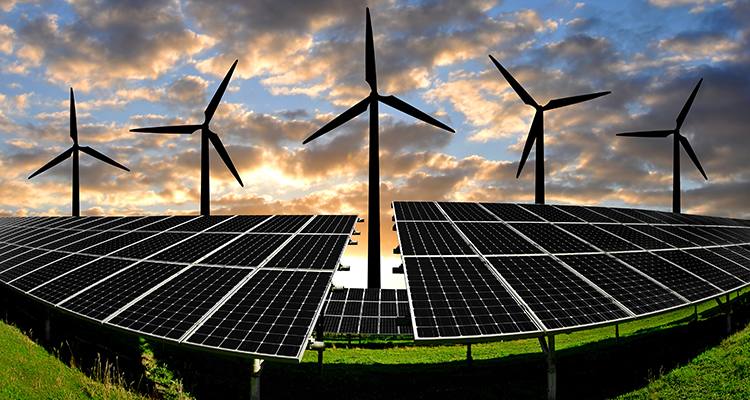Great Britain is facing hard work if 2020 energy goal is to be met
In face of the G20 Summit, which is taking place this weekend in Germany, the British government have admitted that there is still “work to do“ in order to reach the country’s energy goal. At the end of 2016, renewables made 8.9% of Britain’s energy mix, with the goal for the end of 2020 being 15%.
The European Union’s energy target set for Great Britain is for 15% of the energy mix to consist of renewables by the end of 2020. However, at the time being, the country is only about halfway there. Britain’s ministers have admitted that there is much “work to do“ in order to reach the goal in time.
Fourth-hardest energy challenge within EU
After Theresa May became British Prime Minister in July 2016, the Business, Energy and Industrial Strategy (BEIS) department released a statement claiming that the U.K. is now “challenged to increase its share of renewable energy by a further 6.8 percentage points to meet its 2020 target”. However, according to the BEIS, the country is “currently progressing in line with the trajectory set out in the EU Renewable Energy Directive.”
This is remarkable, considering that Great Britain is facing the fourth-hardest energy challenge within the EU members, right after France, Ireland and the Netherlands. “I do think it is possible to hit the 15% target,“ said Antoinette Sandbach, a Conservative MP and former BEIS member, “but it’s clearly going to require focus from the government.” She added that there seems to be progress in the transport sector.
UK lost leading position
It was a special EU Directive that set the goals for the members, based upon what the EU regarded as manageable. Hence the targets differ strongly, from a 10% renewable energy share for Malta to a 49% share for Sweden. While the UK have previously been a leader in this area, they are now falling behind, any many believe this is unlikely to change under a Conservative government.
For the past two years, ever since the current Conservative government took power, solar has been losing out. Drastic cuts to the FIT and the closure of the ROC scheme have taken their toll on this important energy source. Despite this, sinking costs have kept solar competitive, but things are likely to get tougher.
Title image: Jaroslava V./ Shutterstock





